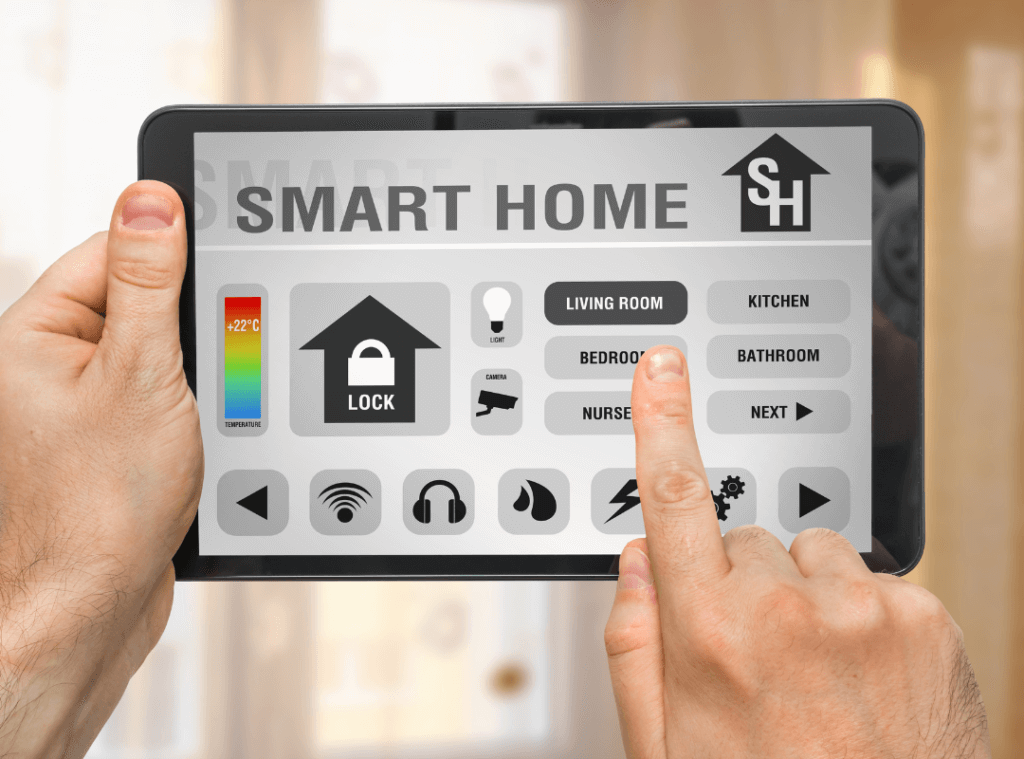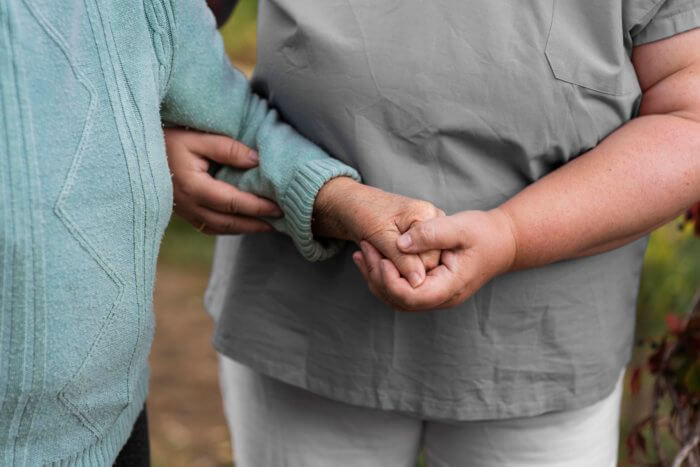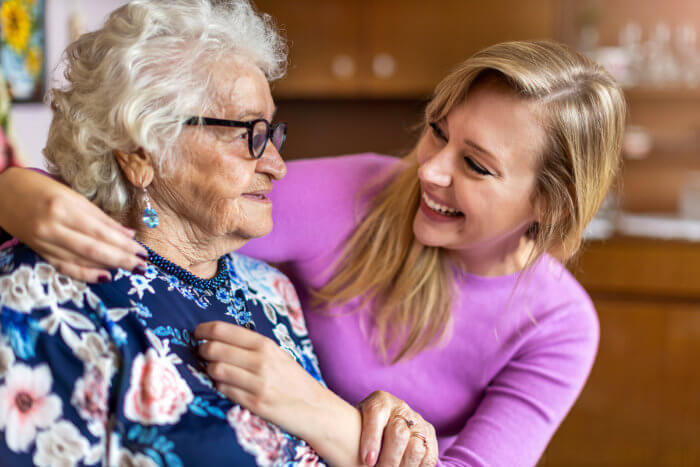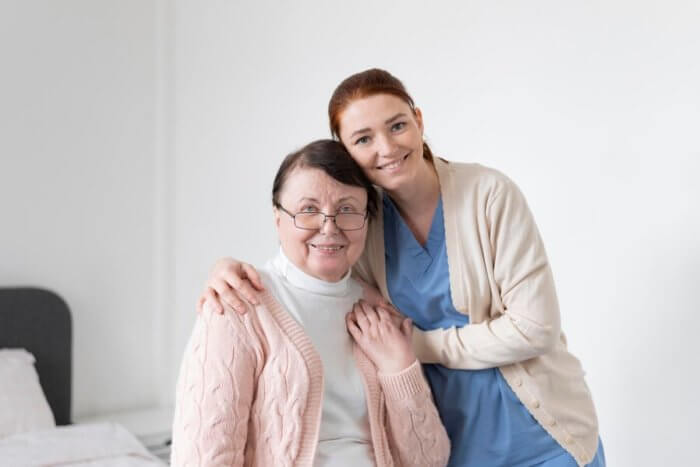How Senior Care Technology Transforms Elderly Care

How Senior Care Technology Is Transforming Elderly Care
You might be surprised to learn how senior care technology is reshaping the landscape of elderly care, making it easier for seniors to maintain their independence while ensuring their safety. At Central Scottsdale Assisted Living by MD Senior Living, innovations like smart home devices and health monitoring systems empower families to stay connected and informed about their loved one’s well-being. These tools not only tackle issues like social isolation but also alleviate caregiver stress. However, the question remains: how will these advancements continue to evolve, and what impact will they have on the future of elderly care?
Senior care technology
In today’s rapidly evolving landscape, many older adults find themselves at the intersection of technology and care, where innovative solutions are reshaping their daily lives. Senior care technology is essential for enhancing the quality of life for seniors and supporting their desire to age in place.
By integrating technology into their daily routines, you can help seniors maintain independence while ensuring safety and communication with loved ones. From user-friendly applications like I-Care, which connects older adults with their families, to home modifications that promote safety, these tools address common challenges like social isolation and caregiver stress.
By improving organization and coordination, technology empowers caregivers, allowing them to focus on meaningful interactions rather than administrative tasks. Moreover, as you explore newer technologies, consider how they can adapt to the unique needs of seniors. By prioritizing user experience and feedback, you can contribute to the development of solutions that genuinely resonate with older adults.
Ultimately, embracing senior care technology not only enhances satisfaction for patients and families but also transforms the way you approach caregiving, paving the way for a more connected and supportive environment for everyone involved. Additionally, the integration of technology respects dignity and independence, ensuring that seniors can enjoy a higher quality of life while receiving the care they need.

Future technology for the elderly
As senior care technology continues to evolve, the future holds exciting possibilities for enhancing the lives of older adults. Innovations like small vibration sensors are paving the way for a more connected and responsive care environment.
These unobtrusive devices can map daily routines, capturing essential health data without intruding on personal space. Imagine being able to monitor an elderly loved one’s well-being seamlessly, allowing them to maintain independence while ensuring their safety.
Future advancements will likely focus on improving human-machine interactions, making technology more intuitive and user-friendly. This shift will be vital for creating systems that cater to the unique needs of older adults, particularly those facing cognitive challenges.
Platforms like I-Care are already setting the stage, facilitating connections between seniors and their families, reducing social isolation, and alleviating caregiver stress. Additionally, assisted living facilities offer personalized care and support, which can further enhance the effectiveness of these technologies in promoting seniors’ well-being.
Moreover, the integration of AI will enhance data analysis, empowering caregivers with insights to proactively manage health concerns. By prioritizing privacy and user satisfaction, future technologies can transform elder care, promoting autonomy and dignity.
As you explore these innovations, consider how they can support your mission to improve the quality of life for seniors.

Technology to help seniors live independently
While many seniors desire to maintain their independence, technology plays an important role in making that possible. Innovations are designed to empower older adults, enabling them to live comfortably and safely in their own homes.
Here are three key technologies that can greatly enhance independent living:
- Smart Home Devices: These include voice-activated assistants and smart lighting systems that allow seniors to control their environment easily, promoting safety and convenience.
- Health Monitoring Sensors: Wearable devices track crucial signs and daily activities, alerting caregivers to any irregularities without intruding on personal space.
- Telehealth Services: Virtual consultations provide seniors with access to healthcare professionals, reducing the need for travel while ensuring they receive timely medical advice. Additionally, emergency response protocols can be enhanced through technology, ensuring quick and efficient care during medical emergencies.
Integrating these technologies not only supports seniors in managing their health but also fosters a sense of connection and security.
By leveraging these advancements, families can alleviate caregiver stress and enhance communication, ensuring that elderly loved ones can thrive independently.
Embracing these tools ultimately leads to a more fulfilling quality of life for seniors, allowing them to age in place with dignity and confidence.
To sum up, senior care technology is revolutionizing how we approach elderly care at Central Scottsdale Assisted Living by MD Senior Living, making it more efficient and compassionate. Did you know that nearly 90% of seniors express a desire to age in place, yet only 30% feel their homes are equipped for it? With innovations like smart home devices and telehealth services, we can bridge that gap, empowering seniors to maintain their independence while ensuring their safety and well-being. Embracing these technologies is key to enhancing their quality of life. For more information, please call us at 619-831-1112.
FAQs about Senior Care
- What are the technologies in senior care healthcare?
Senior care healthcare utilizes technologies like telemedicine, remote patient monitoring, and wearable health devices to track vital signs and detect falls. Smart home systems, medication management tools, and AI-driven predictive analytics also help improve care, safety, and overall well-being. - What are the 3 top senior care skills?
Key skills in senior care include empathy and compassion to build trust and emotional connections, strong communication to interact with seniors and their families, and attention to detail for managing medications and recognizing health changes. Problem-solving and adaptability are also essential for addressing daily challenges. - What technology is used to help elderly people?
Technologies like medical alert systems, smart home assistants, and GPS tracking devices help elderly people stay safe and independent. Health monitoring apps and assistive devices, such as hearing and mobility aids, enhance their quality of life. - What does senior care pay for?
Senior care typically covers personal care, assistance with daily activities, medical monitoring, and housing in assisted living or nursing facilities. Some plans may include transportation, social activities, and specialized memory care for those with cognitive conditions.






Leave a Comment